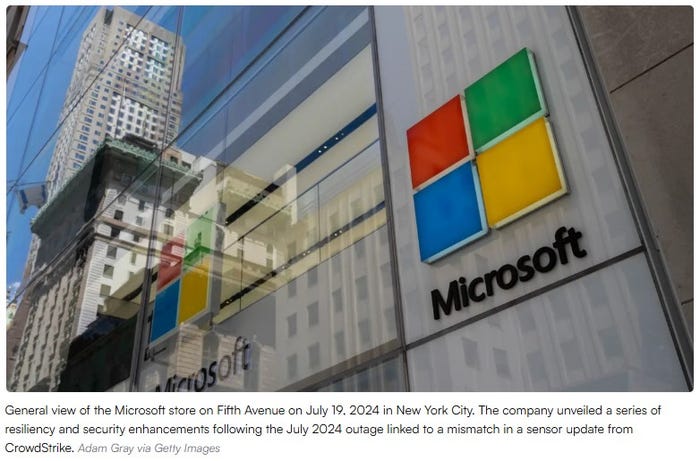T-Mobile kicks off 2024 with more spectrum and a stock rally

T-Mobile unwrapped two big presents during the holidays: It scored additional midband spectrum for its 5G network, and it enjoyed more attention from Wall Street investors.
Together, the developments help give the company a better position heading into 2024.
“While not a game changer, we view this … as a modest win for T-Mobile,” wrote the financial analysts at TD Cowen in a recent note to investors.
The TD Cowen analysts were reacting to new legislation that requires the FCC to issue T-Mobile more midband spectrum licenses – covering a total of around 81 million people, mostly in rural areas – by the middle of March 2024.
“Except for just a few channels in key markets, and the state of Maine, T-Mobile now has the contiguous nationwide [spectrum] inventory it needs to light up fully nationwide 5G,” Michael Alcamo, president of M.C. Alcamo & Co., a New York investment bank working in spectrum, told Light Reading.
According to T-Mobile’s CEO Mike Sievert (pictured above), the operator is ready to put most of those spectrum licenses to work right away.
“We already hung those radios,” Sievert said at an investor event in September, according to Seeking Alpha. “And when we get those licenses, we can turn all that spectrum on affecting 50 million people within two days.”
In response to questions from Light Reading, T-Mobile officials didn’t provide any precise details on when the operator might light up its new spectrum licenses. Company officials explained that the operator has already deployed midband 5G radios covering around 50 million people, but will have to install more radios to cover the full 81 million people for which it owns spectrum licenses. Ericsson and Nokia are T-Mobile’s two big 5G radio vendors.
A legislative win
At issue are the 7,156 licenses T-Mobile won during the FCC’s Auction 108 of 2.5GHz spectrum in 2022. T-Mobile spent $304 million to purchase roughly 90% of the 7,872 total licenses that received winning bids in that auction. The auction essentially released most of the 2.5GHz licenses that T-Mobile didn’t already own via its purchase of Sprint in 2020.
To read the complete article, visit Light Reading.



